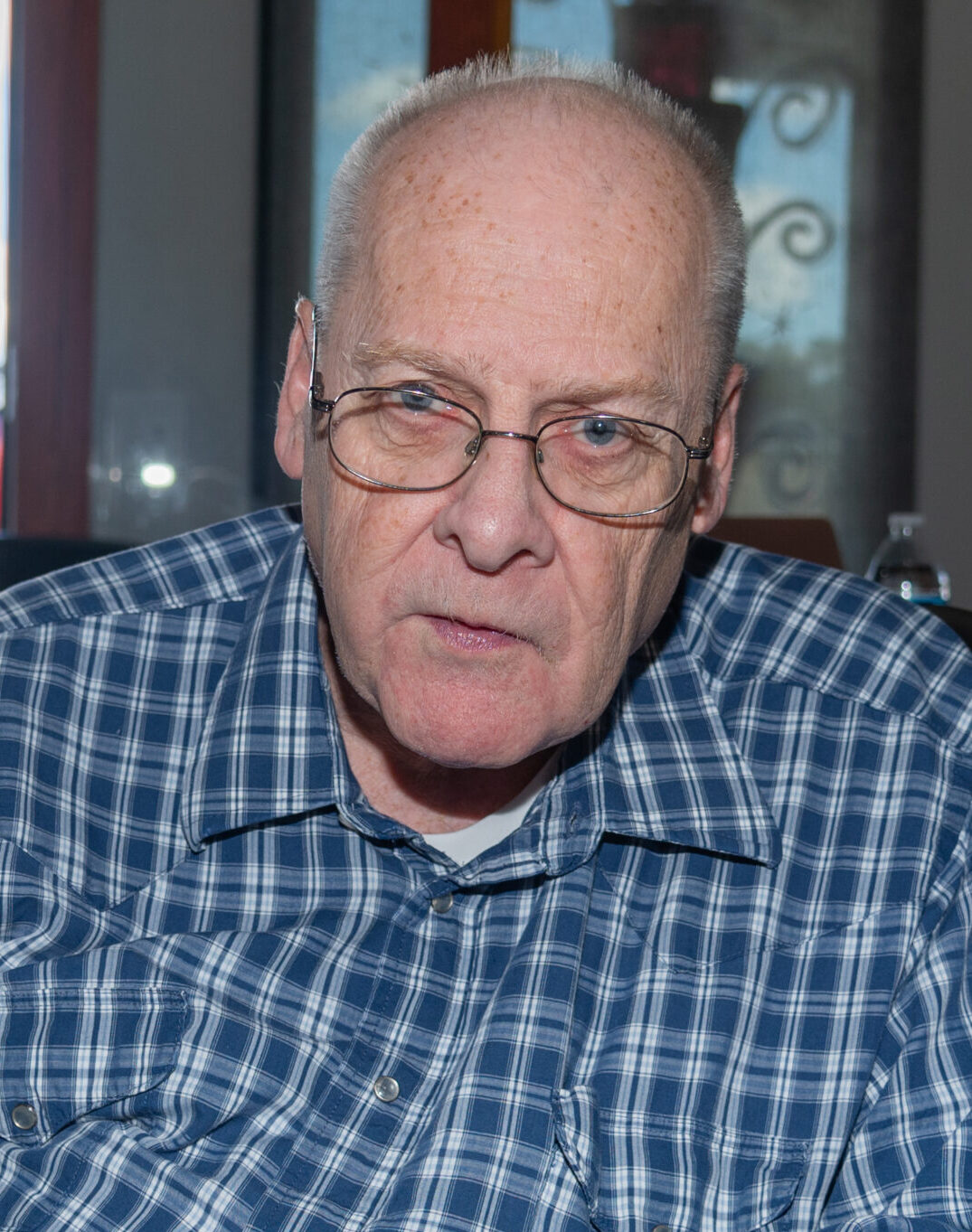OPINION —
A favorite memory at Fort Benning for me is serving on the adjunct faculty of a community college. I called the first class every semester “Opening Night” as an icebreaker in the history and government classes. I had many other memories at the fort soon to be renamed, such as attending a monthlong leadership school in 1985 at the Infantry School.
But as the fort prepares to be renamed for Lt. Gen. Hal Moore and his wife Julia, both outstanding public servants, I find many Lee Countians are not comfortable about what is happening at Benning and eight other Army forts. I explain their positions later in this column.
“He was convinced that to free the Negroes we would create such social chaos in the South as to make civilization impossible and life for the whites unendurable,” according to an analysis of Brig. Gen. Henry Benning. “He therefore became an ardent secessionist.”
When his racist approach and betrayal of the Union became well-known, it was only a matter of time before Benning’s name would be removed from the Columbus, Georgia, post.
Fort A.P. Hill will become Fort Walker. That is for Mary Edwards Walker, a doctor and the only woman awarded the Medal of Honor in the Civil War. Fort Polk will be named Fort Johnson, honoring Sgt. William Henry Johnson, an African American who fought off German troops during World War II. Fort Hood will be Fort Cavazos, after the first Mexican-American general in the U.S. Army, Richard E. Cavazos.
Fort Bragg becomes Fort Liberty. Fort Gordon becomes Fort Eisenhower. And of course, Fort Benning becomes Fort Moore, for Vietnam hero Moore and his wife Julia, who developed a better notifications system for reporting soldier deaths.
“Lieutenant General Arthur Gregg helped establish and rebuild devastated Germany,” reads a biography of Gregg, whose name will be on Fort Lee. Also honored with Fort Lee’s name change will be Lt. Col. Charity Adams, who led a very efficient U.S. postal unit during World War II.
Fort Pickett became Fort Barfoot after Tech. Sgt. Van T. Barfoot. He was a recipient of the Medal of Honor for heroic actions during World War II. His grandmother was Choctaw, but Barfoot himself was not an official member of Choctaw Nation; his parents never enrolled him. Fort Rucker has been renamed Fort Novosel after CWO4 Michael J. Novosel Jr. He was awarded the MOH for bravery in conducting a medical evacuation under fire in Vietnam.
Now to the first reason individuals object to renaming Fort Benning. Many are burned out from all the changes to forts and the elimination of monuments. Despite admiring the Moores, they are frustrated with “changes for changes’ sake.” They wake up every day to a new “wokeness” project and they hate it.
Yet in Henry Benning’s case, shown earlier, he was an insurrectionist in the Civil War. His references to Blacks were demeaning. He kept a low profile as a fort’s name; few people cared to check if he was a racist. Though I agree with the Moores’ name, many see it as unwanted “change for change’s sake.”
The second reason a sizeable group of people oppose changing not only at Fort Benning, but the others too, is the cost. The Naming Commission projects that it will cost $21 million to effect the fort changes. The body says “hundreds” of other Defense Department assets such as roads and buildings must be renamed.
A Libertarian told me he Is “100% against” such actions as happened at the forts. “The government doesn’t need to add on more debt” is his motto. The cost is certainly high, but if we know Henry Benning is a rogue, not a hero, don’t we need to erase his memory?
The final reason people are upset with the changes is because the term “Fort Benning” stirs memories. The joy of graduating jump school lasts a lifetime, and it happens at a place called Benning. After a few years, people look back at Basic as grueling, but their drill sergeants are seen as great role models.
Others recall their graduation from elementary school at Fort Benning; when they return sometime for a class reunion, it will be Fort Moore. The sentimental side is driving the opposition to the fort change, more than are reasons one and two. I have memories there too, as not only a college teacher, but a mobilization coordinator as a volunteer with ESGR.
I attended a “free Lou Rawls” concert in the late 1980s at Doughboy Stadium. Rawls was a member of the 82nd Airborne in the Army, before becoming a star singer of rhythm and blues. On May 11 I hope to be at Doughboy again when Fort Benning becomes Fort Moore. We can sing one last time that “You’ll Never Find Another Love Like Mine,” referring to Fort Benning.
Greg Markley first moved to Lee County in 1996. He has master’s degrees in education and history. He taught politics as an adjunct in Georgia and Alabama. An award-winning writer in the Army and civilian life, he has contributed to The Observer for 11 years. gm.markley@charter.net.


